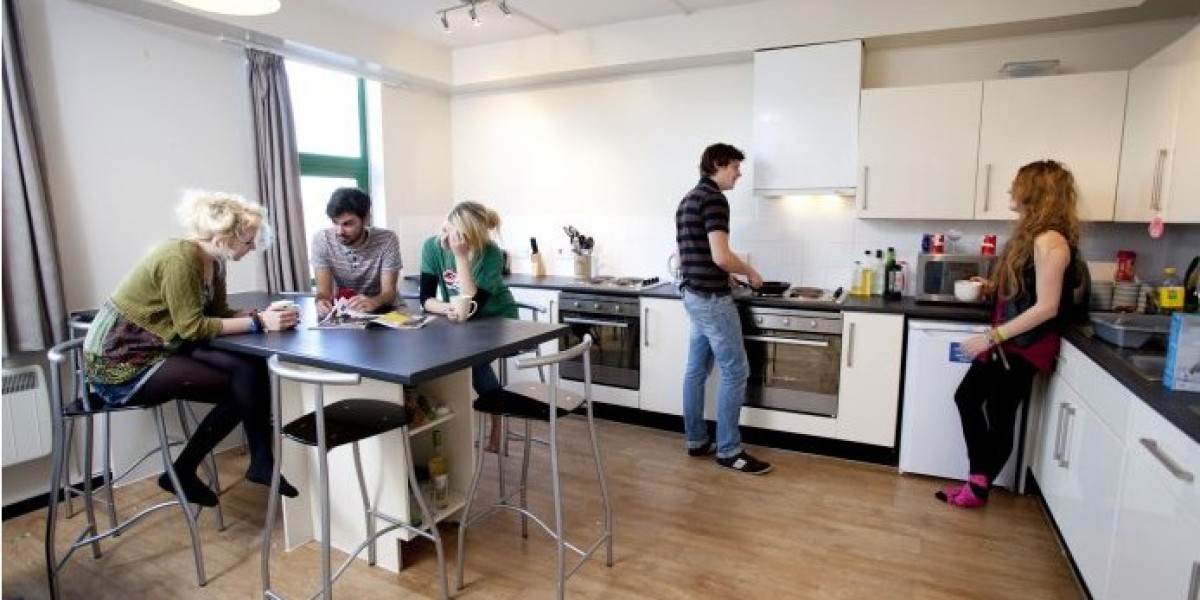One of the most overlooked aspects of planning your study abroad journey is choosing the right city—not just the university. Your student accommodation will be located in the city you select, and this location will influence your lifestyle, social experiences, costs, and overall well-being throughout your academic tenure.
Selecting the right city is just as important as picking the right course or university. It plays a vital role in shaping your overseas education experience. With hundreds of study destinations across the world, narrowing down your options requires careful evaluation of several key factors.
1. Affordability and Cost of Living
Different cities vary drastically in terms of living expenses. While tuition fees may be comparable across institutions, the cost of accommodation, food, transport, and daily expenses often depends on the city. For instance, student living in smaller cities or towns can be significantly more budget-friendly compared to capital cities.
Look for cities that offer affordable rent without compromising on quality. Always compare options within your budget range and explore any available student discounts. To manage your finances better, use reliable fund transfer platforms for rent payments or monthly allowances from home.
2. University Proximity and Transportation
It’s essential to choose a city that offers easy access to your university campus. Living closer to school saves time, reduces transportation costs, and helps maintain a better academic routine. Cities with strong public transport networks—buses, trams, or metro—make commuting easier and more efficient.
Additionally, cities that are bicycle- or pedestrian-friendly offer even more convenience for student travel.
3. Student-Friendly Atmosphere
A good student city should have an active academic culture, social clubs, events, and student communities. Look for cities with a high percentage of international students, as they are likely to offer better support systems, cultural diversity, and events geared toward student welfare.
Many top study destinations such as Melbourne, Berlin, and Toronto are renowned for their inclusive and vibrant student environments.
4. Scholarship Opportunities
Some cities, particularly those with public universities, may offer local or regional scholarships to attract international talent. Always check if your selected destination offers grants or study abroad scholarships that include accommodation or living stipends.
These financial aids can ease your burden, especially if you are choosing a city with a higher cost of living.
5. Quality and Availability of Accommodation
Availability and quality of housing differ across cities. Popular student cities may face high demand, leading to limited availability or higher prices. That’s why researching local student accommodation options early is crucial.
Choose cities that offer a good mix of on-campus, private, and shared housing options to fit different preferences and budgets.
6. Cultural Fit and Lifestyle
Consider the culture, language, food, and weather of the city before finalizing it. A city that aligns with your personality and lifestyle will help you adapt more quickly and reduce culture shock. Some students may prefer a bustling city life, while others thrive in quieter towns.
Your comfort with the local culture will also affect your study abroad experience and mental well-being.
7. Career and Part-Time Job Opportunities
Look into the employment scene in your preferred city. Cities with a strong job market offer more opportunities for internships, part-time jobs, and even post-graduate employment. This is especially useful for international students looking to support their studies or gain real-world experience.
These cities often attract multinational companies and industries, providing more pathways after graduation.
Final Thoughts
When selecting a city for your student accommodation, go beyond academics—think about affordability, safety, lifestyle, and opportunities. Your city will become your second home, shaping your personal and professional development during your overseas education.








